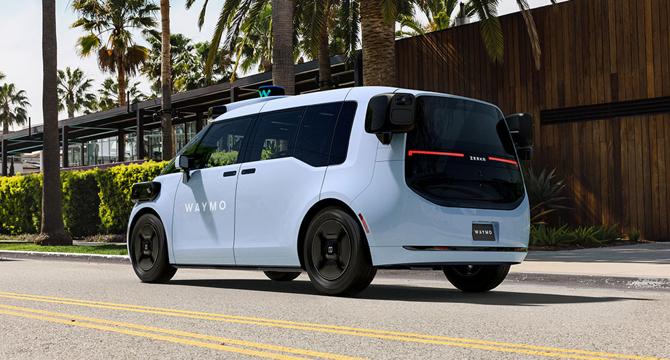The Robot Report
4d
377

Image Credit: The Robot Report
New research analyzes safety of Waymo robotaxis
- Waymo shared new research with Swiss Re which shows Waymo’s autonomous vehicle technology is superior to human-driven vehicles. It found an 88% reduction in property damage claims and a 92% reduction in bodily injury claims over human-driven vehicles. Across 25.3 million miles, the Waymo Driver was involved in just nine property damage claims and two bodily injury claims. Waymo’s safety advantages hold true when compared to newer vehicles equipped with modern safety technology. Waymo data indicates that over 25 million fully autonomous miles, the Waymo Driver had fewer serious collisions than human drivers.
- Auto liability claims aggregated from 25.3 million fully autonomous miles driven by Waymo suggest its autonomous vehicle technology has fewer accidents than any human-driven vehicles. It’s a world leader in driverless automotive technology.
- Swiss Re analysed Waymo’s liability claims and found a reduction of 88% in property damage claims and a 92% reduction in bodily injury claims, and even when compared to newer vehicles using ADAS (advanced driver assistance systems) features.
- Waymo has demonstrated groundbreaking safety performance when compared to human-driven vehicles, with fewer serious collisions and no responsibility in the vast majority of collisions involving its vehicles.
- This research offers evidence that auto insurance claims can be used as a powerful tool in evaluating the safety performance of autonomous vehicles in the real world.
- Waymo’s leading technology is already conducting trialling services in limited areas across Phoenix, San Francisco, Los Angeles, and Austin, delivering more than 150,000 trips per week.
- Waymo's research offers a scalable framework for ongoing assessment of the safety impact autonomous vehicles have on the road. It’s proof that autonomous vehicles can greatly benefit society by offering a safer driving experience.
- While Waymo is the clear leader in the field, it’s worth noting that it isn’t the only company attempting to deploy robotaxis in the US, with other competitors including Nuro and Zoox.
- It’s important to consider the limitations of this research, such as the fact that Waymo’s robotaxis are currently only available in urban areas, and Waymo has yet to deploy its robotaxis in regions with snowy weather, which could pose significant challenges for the technology.
- Waymo has plans to start services in Miami and Tokyo in 2025, cementing its position as the leader of fully autonomous vehicle technology.
- Swiss Re's research shows that auto liability claims can be used as a powerful tool in measuring the safety performance of autonomous vehicles, making it more scalable for ongoing safety analysis.
Read Full Article
22 Likes
For uninterrupted reading, download the app